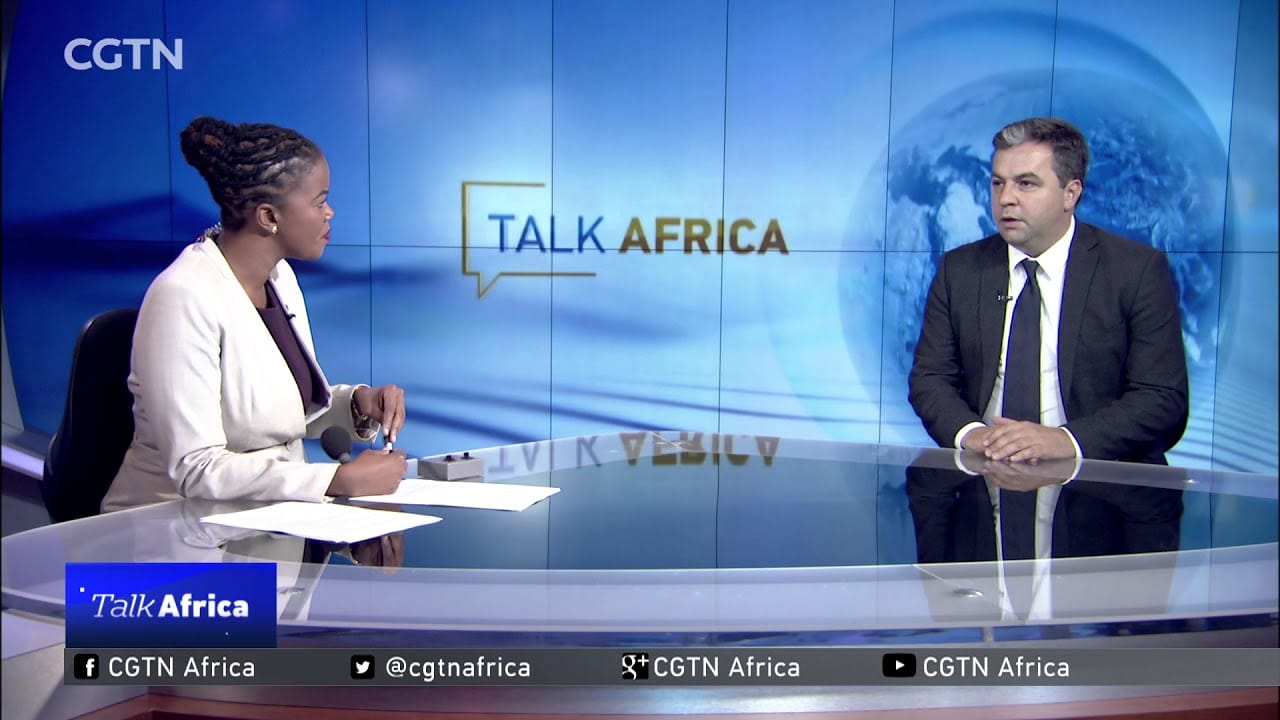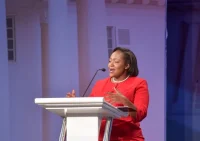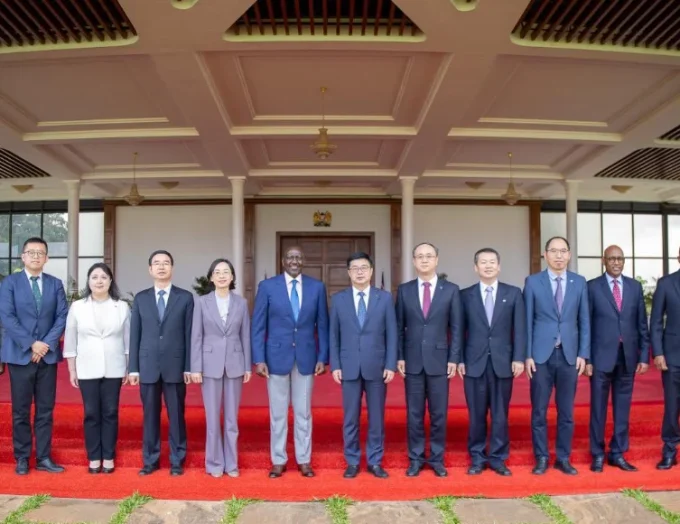[dropcap]C[/dropcap]hina is expanding its hold beyond its borders to impose its “ideologically correct” vocabulary, to deter any criticism of itself and to cover up the darker chapters in its history. Less well known than the Belt and Road Initiative, but just as ambitious, this project poses a threat to press freedom throughout the world.
This is what Reporter Without Borders (RSF) reveals in a new investigative report entitled “China’s Pursuit of a New World Media Order.” The NGO highlights the strategy deployed by the Chinese state to achieve its goals. These strategies include: modernizing its international TV broadcasting, buying extensive amounts of advertising in international media, infiltrating foreign media… but also employing blackmail, intimidation and harassment on a massive scale.
“In the spirit of the Beijing regime, journalists are not intended to be a counter-power but rather to serve the propaganda of states,” says Christophe Deloire, Secretary General of RSF. “If democracies do not resist, Beijing will impose his view and his propaganda, which is a threat for journalism and democracy”.
Over the past decade, China has invested massively in developing media capable of reaching an international public. And it has succeeded: state-owned CGTN broadcasts TV programmes in 140 countries and China Radio International broadcasts in 65 languages.
With its modern presentation, professional style and impeccable diction, CGTN Africa projects a sophisticated image comparable to CNN International. It produces three flagship programmes: Africa Live, providing up-to-the-minute coverage of African news; Talk Africa, offering discussion of economic and social issues; and Faces of Africa, a magazine programme that shows the continent’s many facets by profiling both well-known and unknown African civil society actors. What’s special about CGTN Africa is that it is 100% controlled by the Chinese state.
Originally called CCTV Africa, it was launched in 2012 with the declared aim of promoting “a better understanding of Africa in China” and “a cultural connection between the people of both places”. With more than 100 mainly local employees, CGTN Africa is headquartered in Nairobi, and has bureaux in Lagos (Nigeria), Cairo (Egypt) and Johannesburg (South Africa).
It produces more than an hour of Africa-focused programmes each day, which is broadcast by CGTN’s English-language version and can be widely seen on cable and satellite TV throughout the continent.
In developing its audience, the report says CGTN has been able to capitalise on the telecommunications giant Huawei’s expansion in Africa (where Huawei has installed 70% of the 4G infrastructure) and various private sector initiatives such as one by StarTimes, the Chinese digital and satellite TV operator, which plans to install receivers in 10,000 African villages that will provide access to its channels. China also signed a cooperation agreement with Kenya in July 2017 that includes plans to provide state-owned Kenya Broadcasting Corporation (KBC) with cutting-edge technology.
While claiming to show Africa’s true face to the world, it adds, CGTN takes great care with China’s image. This is particularly visible on the website’s “opinions” section. “Strong, fair trade with China is critical to Africa’s development”, says David Monyae, an expert on international politics who also happens to be co-director of the University of Johannesburg’s Confucius Institute. A post by Edward Kusewa, described as “a Nairobi-based economist”, refers to the China International Import Expo as “a new approach to global trade”. CGTN forgets to mention that Kusewa is a consultant for a South African investment and commerce bank that has every interest in pleasing Chinese investors.
At first glance, CGTN seems less one-sided in its international coverage, often quoting Western news sources such as AFP or Voice of America (VOA). But its approach consists above all in the presentation of hard, positive facts excluding critical comments and perspective, especially if the subject involves China. When CGTN Africa announces a new industrial, mining or infrastructural project, there is no mention of the views of the local population or the dangers of pollution, corruption or human rights violations that might emerge from the project.
According to the RSF report, the regime has managed to convince tens of thousands of journalists in emerging countries to go on all-expense-paid trips to Beijing to “train their critical mind” in exchange for favorable press coverage. As for the Chinese diaspora media, many of which used to be critical of the regime, almost all have been bought out and disseminated into the propaganda apparatus of the Chinese Communist Party (CCP).
Beijing is also exporting its censorship and surveillance tools, including the Baidu search engine and WeChat instant messaging platform, and encouraging authoritarian states to copy its repressive regulations, a particularly effective strategy in Southeast Asia.
[Read: How social media is used in brand assassination ]
“Beijing calls for intimidation and violence to silence dissidents, even in democratic nations. From freelance reporters to major media outlets, from publishing houses to social media platforms, no link in the news production chain is immune to the “invisible hand” of Beijing. Even Chinese ambassadors no longer hesitate to openly denigrate press articles that question the official narrative of China, and often in rather undiplomatic ways. Democracies are struggling to react in the face of these threats,” RSF reveals.













2 Comments